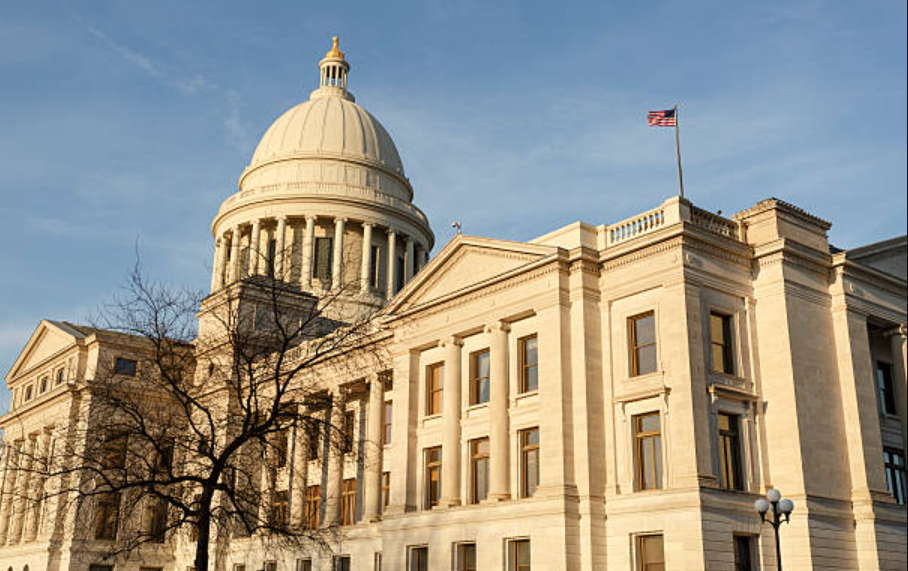Kansas legislators are set to receive a significant pay increase next year, surpassing the compensation of their counterparts in many states.
The move comes as a result of a bipartisan decision to nearly double the salaries of state legislators, sparking both support and criticism within the political sphere.
The increase, amounting to nearly $28,000 annually for rank-and-file legislators, will elevate their total compensation from $30,000 to nearly $58,000, constituting a remarkable 93% increase.
Additionally, legislative leaders will receive further increments due to their additional responsibilities, with the House speaker and Senate president’s salaries set to exceed $85,000 annually, up from $44,000.
Interestingly, the pay raise did not undergo a direct legislative vote but was instead facilitated through the establishment of a bipartisan pay commission. This commission’s proposal automatically took effect unless both legislative chambers passed a resolution rejecting it, which did not occur by the deadline.
Kansas Supporters of the Pay Increase

Supporters of the pay increase argue that the current compensation fails to adequately sustain legislators, particularly as their duties often impede outside employment opportunities.
Moreover, proponents suggest that enhancing compensation could foster greater diversity within the Legislature, counteracting the trend towards an assembly dominated by retirees and wealthy individuals.
Nevertheless, dissenting voices have emerged, with concerns ranging from the potential for conflicts of interest with professional lobbyists to the disconnect between lawmakers’ salaries and the sentiments of their constituents. Some legislators assert that the decision to increase their pay should have undergone more transparent deliberation and a formal vote.
While this pay increase aligns Kansas more closely with national trends, it has reignited debates about the appropriate remuneration for elected officials and the mechanisms through which such decisions are made.
As the state prepares for this significant shift in legislative compensation, the ensuing years will likely offer insights into the broader implications of this decision on the political landscape of Kansas.


Comments are closed.